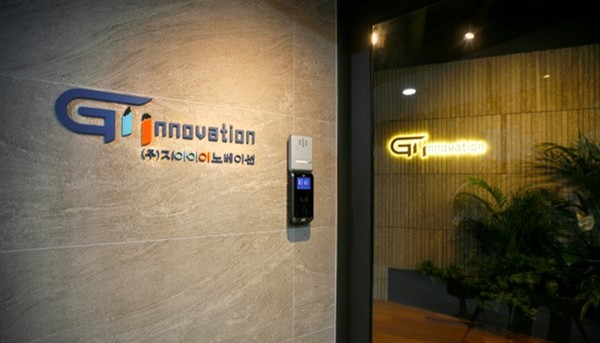GI Innovation said that the U.S. FDA has granted fast track designation (FTD) to its investigational immunotherapy GI-102 for the treatment of patients with advanced or metastatic melanoma who have previously received immunotherapy.

The FDA’s fast track program is designed to expedite the development and review of drugs that address serious conditions and have the potential to improve outcomes compared with existing therapies.
The designation enables closer communication with the FDA, potentially shortening development timelines. If sufficient clinical data are secured, candidates may also qualify for priority review or accelerated approval, which could reduce the standard review period to six months and bring therapies to market more quickly.
The need for new treatment options in melanoma continues to grow. According to JAMA Dermatology, the global number of melanoma patients is projected to increase by 50 percent between 2020 and 2040, reaching about 510,000 cases annually, with nearly 96,000 deaths each year.
Market research firm Research Nester estimates that the global melanoma therapeutics market will expand from about 9.5 trillion won ($6.7 billion) in 2025 to roughly 25.8 trillion won by 2035.
GI-102 has already shown encouraging results. In a phase 1 monotherapy trial involving 14 patients with advanced or metastatic melanoma previously treated with immunotherapies, the candidate achieved an objective response rate (ORR) of 25 percent and a disease control rate (DCR) of 83 percent.
Building on these results, GI Innovation is conducting a phase 2 study of GI-102 in combination with Merck’s blockbuster immunotherapy Keytruda (pembrolizumab) in metastatic melanoma patients.
Additional clinical programs are underway, including a phase 1b trial testing GI-102 as a subcutaneous monotherapy, and phase 2 combination trials with Keytruda and with antibody-drug conjugates (ADCs), running concurrently in both the U.S. and Korea.
“Patients with metastatic melanoma who have exhausted existing immunotherapies currently face a lack of effective treatment options,” GI Innovation CEO Jang Myung-ho said. “With fast track designation, the probability of commercialization has increased and regulatory timelines may be accelerated.”
The company will do its utmost to achieve early accelerated approval in line with its goals, Jang added.

